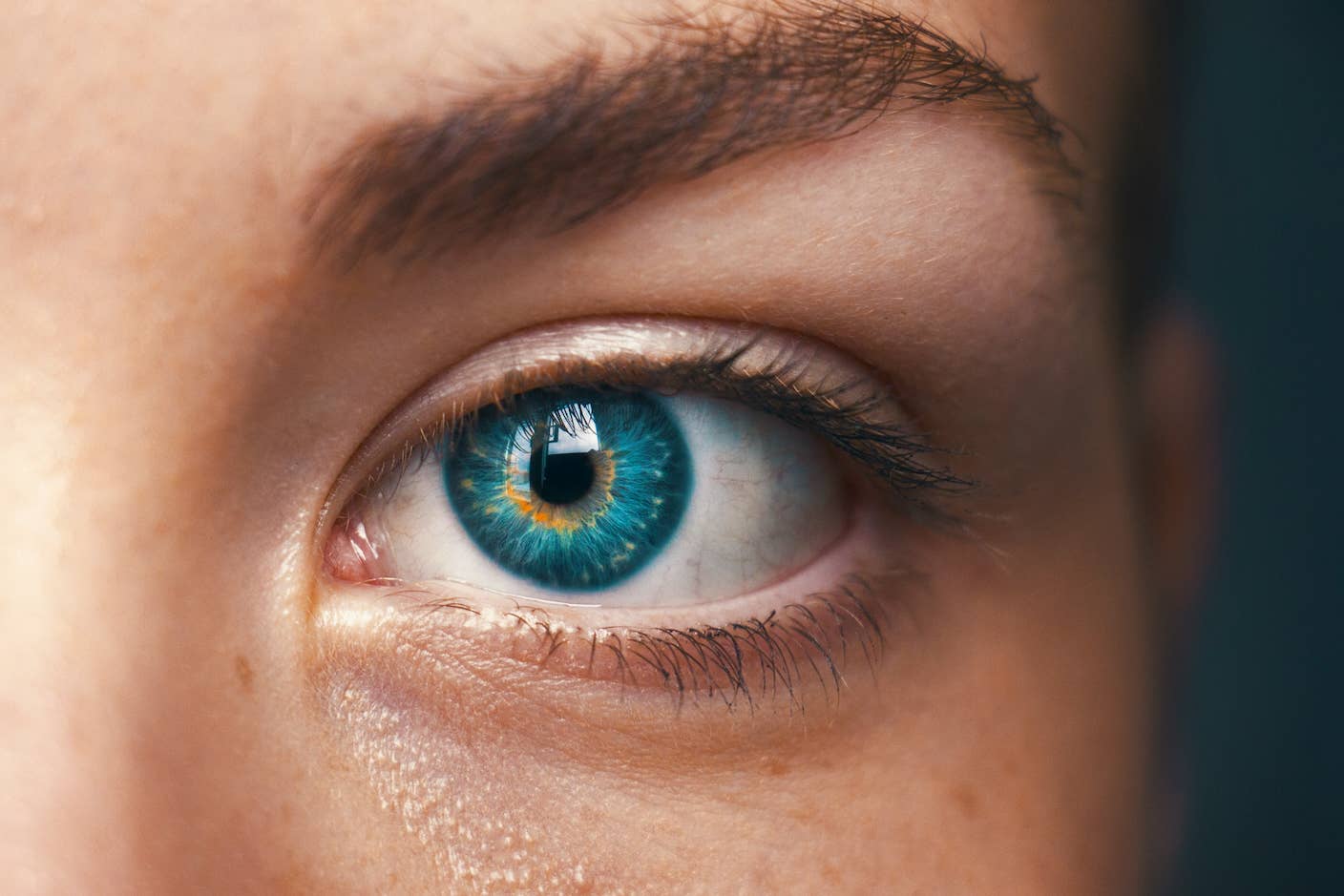Should We Edit Human Genes? What You Need to Know

Share
There’s a difference between editing genes in a person’s somatic cells and germline cells.
Editing somatic cells, which are differentiated (e.g., skin cells) and non-reproductive, impacts them alone. In contrast, editing germline DNA means changes are passed along to the next generation during reproduction. It’s no minor distinction.
Right now, the cautious consensus around gene editing in the US and parts of Europe is that it is okay to do therapeutic gene editing in a patient’s somatic DNA, meaning DNA that only exists in that individual and does not get passed on. But some believe the cautious consensus may be too cautious.
In this episode of Tech-x-planations, you’ll learn more about the ethics of editing human DNA for therapeutic purposes.
POLL: Should we edit human genes to prevent disease? Watch the explainer vid & vote. https://t.co/2nwVXwQUc4
Be Part of the Future
Sign up to receive top stories about groundbreaking technologies and visionary thinkers from SingularityHub.


Related Articles

This Week’s Awesome Tech Stories From Around the Web (Through February 21)

What the Rise of AI Scientists May Mean for Human Research

This ‘Machine Eye’ Could Give Robots Superhuman Reflexes
What we’re reading
